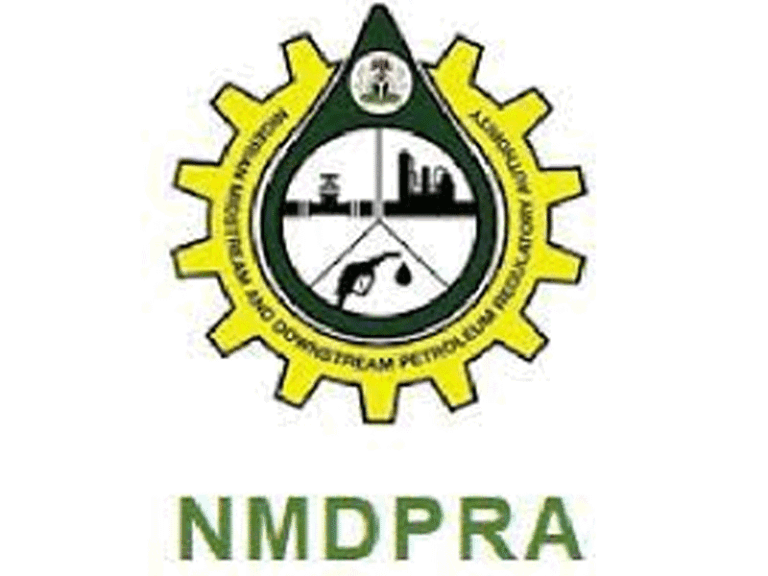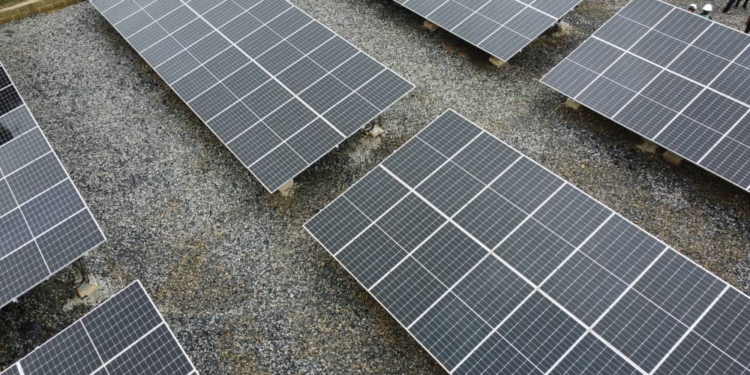
Nigeria and seven other African countries have endorsed a landmark charter establishing the African Petroleum Regulators Forum (AFRIPERF), setting a new course for harmonised petroleum regulation and investment promotion across the continent.
The signing ceremony occurred on Thursday, on the sidelines of the 31st Africa Oil Week in Accra, Ghana, chaired by the chief executive of the Nigerian Upstream Petroleum Regulatory Commission (NUPRC) and interim chairman of AFRIPERF, Engr. Gbenga Komolafe.
The NUPRC, which made this known, stated that regulators from 16 African countries attended, but eight—including Nigeria, Ghana, Somalia, Gambia, Madagascar, Sudan, Guinea, and Togo—officially signed the AFRIPERF Charter.
Following the endorsement, Komolafe described the occasion as “a decisive step towards a harmonised and sustainable petroleum industry in Africa.” He explained, “This Charter is not just a document—it is a commitment by African nations to manage our hydrocarbon resources responsibly and innovatively in the face of global energy transitions.”
He emphasised the importance of cooperation to elevate Africa’s petroleum sector: “By working together, we will enhance investment opportunities, create clear and consistent rules, and ensure transparency that benefits all stakeholders.”
Tracing the Forum’s origins, he said, “From the initial proposal last year, through our inaugural meeting in July 2024 and subsequent gatherings, we have built strong foundations for this continental partnership. Today’s signing is the culmination of these collective efforts.”
The AFRIPERF Charter establishes three key bodies: an Executive Committee made up of heads of regulatory agencies to guide implementation; a Technical Committee comprising experts to address specific regulatory challenges; and a Secretariat to coordinate activities. “These structures provide the functional pillars for delivering tangible results with accountability and timelines,” Engr. Komolafe noted.
“The Charter explicitly aims to harmonise petroleum regulations across Africa,” he said. “This harmonisation is essential for reducing regulatory fragmentation, attracting international investment, and safeguarding safety and environmental standards.”
Chairman of Nigeria’s Senate Committee on Upstream, Senator Etang Williams, attended the event as an observer and welcomed the development. “This is a significant milestone for Africa’s oil and gas sector,” he said. “A united regulatory front strengthens our negotiating power and enhances sector governance.”
AFRIPERF’s mission, as outlined in the Charter, is “to enhance cooperation and collaboration among African petroleum regulators to ensure a safe, efficient, rewarding, equitable, and sustainable petroleum industry.” Its vision is to become “the premier platform for African regulators to share knowledge and best practices in petroleum governance.”
Engr. Komolafe highlighted the Forum’s broader benefits: “Beyond harmonisation, AFRIPERF will promote ethical practices, transparency, technology adoption—including digitalisation and renewable integration—and support emission reduction efforts.”
He proposed aligning AFRIPERF’s Annual General Meeting with Africa Oil Week to maximise engagement. “This partnership will strengthen our collective voice and facilitate shared learning.”
AFRIPERF is poised to transform Africa’s petroleum landscape. Eight nations have signed the Charter, and seven others have pledged support. The next steps include electing the Forum’s Chairperson, nominating representatives from member regulators, and designating its headquarters.
“This is a historic day,” Engr. Komolafe concluded. “Together, we are setting the foundation for Africa’s petroleum future—collaborative, sustainable, and investment-friendly.”
SOURCE: LEADERSHIP NEWSPAPER



